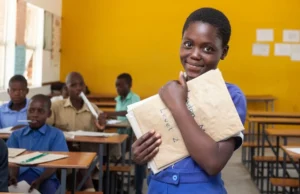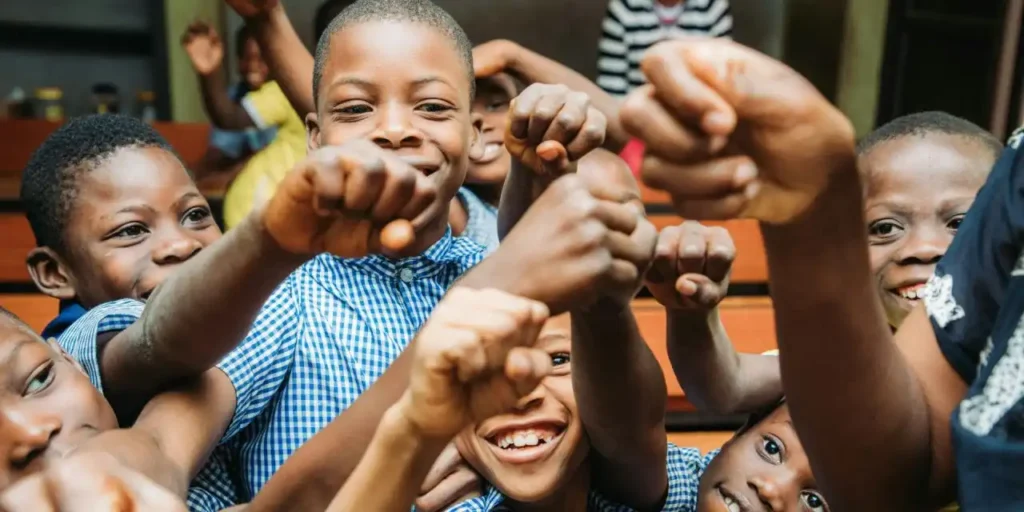The Federal Government of Nigeria has unveiled a strategic framework aimed at returning at least 15 million out-of-school children to classrooms by the year 2027. This ambitious initiative forms part of broader education reforms targeting foundational learning, equitable access, and national development.
At the heart of the plan is the establishment of the National Commission for Almajiri and Out-of-School Children Education, which will coordinate inter-agency efforts, mobilize resources, and ensure consistent implementation of education programmes targeting marginalized children. Additionally, the Early Childhood Care Development and Education (ECCDE) policy has been revised and relaunched to support early learning and foundational literacy, starting from the pre-primary level.

Alarming Numbers Drive Urgency
Nigeria currently accounts for the world’s highest number of out-of-school children — with figures fluctuating between 10 and 20 million, depending on the data source. This challenge has been exacerbated by poverty, insecurity, early marriages, nomadic lifestyles, and weak infrastructure, particularly in the northern regions.
The new initiative, championed by the Federal Ministry of Education under the leadership of Minister Tahir Mamman, seeks to address these complex barriers through a multi-stakeholder, technology-enhanced, and inclusive education approach.
What the Plan Entails
The re-enrollment strategy includes:
-
Community-Based Enrolment Campaigns: Mobilizing local leaders, civil society, and religious groups to encourage school participation.
-
Conditional Cash Transfers: Financial support for poor families to keep children in school.
-
Mobile and Nomadic Schools: Reaching children in remote and nomadic populations.
-
Digital Learning Platforms: Leveraging radio, television, and internet tools to expand access to quality education.
-
Inclusive Curriculum: Providing tailored learning paths for children with disabilities, those in conflict zones, and street children (Almajirai).
Backed by Policy and Budgetary Support
To fund the effort, the 2025 budget proposal includes over N50 billion for out-of-school children’s education and related technology-enabled learning programs. These will complement contributions from development partners like UNICEF, the Global Partnership for Education (GPE), and the World Bank, who have pledged continued support for Nigeria’s education revival.
The revised ECCDE policy, meanwhile, re-emphasizes the critical role of early childhood education in improving long-term learning outcomes. It promotes structured pre-primary education, better-trained caregivers, and the integration of local languages and play-based learning for children aged 0–5 years.
Challenges Remain
Despite these interventions, education stakeholders warn that political will, sustainable financing, teacher recruitment, and insecurity in many northern states could derail progress. However, with the renewed momentum and a clear policy roadmap, Nigeria may finally begin reversing the long-standing crisis of out-of-school children.
In the words of Minister Mamman, “Education is the greatest equalizer. We are determined to ensure every Nigerian child has access to learning, regardless of geography, disability, or economic background.”







